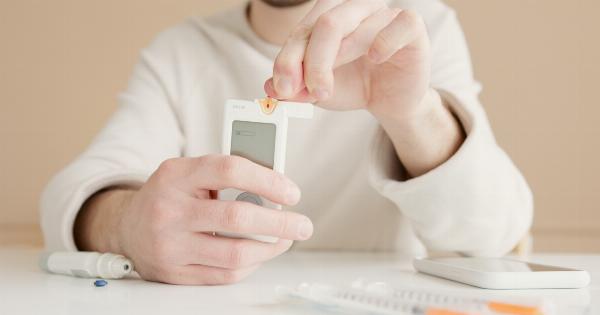A kidney transplant is a life-saving procedure that can dramatically improve the quality of life for individuals suffering from end-stage renal disease. However, finding donors can be a challenging process.
This guide will outline the steps necessary to register for a kidney transplant and find potential donors.
Step 1: Speak with a Nephrologist
The first step in registering for a kidney transplant is to speak with a nephrologist. A nephrologist is a medical professional specializing in the treatment of kidney diseases.
They will evaluate the patient’s current health status and determine if they are eligible for a transplant.
Step 2: Register with a Transplant Center
After speaking with a nephrologist, the patient should register with a transplant center. Transplant centers are hospitals or medical institutions that specialize in kidney transplantation.
Patients can search for a transplant center in their area and schedule an appointment for an evaluation.
Step 3: Complete the Evaluation Process
The evaluation process typically includes a series of medical exams and tests to determine the patient’s overall health and suitability for a kidney transplant. These tests may include:.
- Blood tests
- Urine tests
- Imaging tests, such as X-rays and CT scans
- Psychological evaluations
- Dietary evaluations
Once the evaluation process is complete, the patient will be added to the national transplant waiting list.
Step 4: Search for a Living Donor
While waiting for a deceased donor kidney, patients can also search for living donors. Living donation involves a healthy person donating one of their kidneys to the patient in need.
The kidney can come from a family member, friend, or even a stranger who is willing to donate their kidney.
The patient’s transplant center will typically provide resources and support to help the patient find a living donor. This may include:.
- Online tools for creating a donor campaign
- Training for discussing the need for a kidney with potential donors
- Education about living donation
Step 5: Discuss the Option of Paired Exchange
In some cases, a living donor may not be a match for the patient. In that case, the patient and their donor may be eligible for paired exchange. Paired exchange involves matching incompatible donor-recipient pairs with other pairs in a similar situation.
This can result in a chain of kidney transplants that benefits multiple people.
Step 6: Stay in Touch with the Transplant Center
Even after completing the evaluation process and being added to the waiting list, it’s crucial to stay in touch with the transplant center. Patients may be asked to update their medical information or undergo additional testing as needed.
It’s also essential to keep the transplant center informed about any changes in health status or contact information.
Step 7: Wait for the Call
Once on the waiting list, patients must wait for a deceased donor kidney to become available. The wait can be days, months, or even years, depending on how many donor kidneys become available and the patient’s current medical condition.
The wait can be extremely stressful, but patients should remember that they are doing everything they can to stay healthy and prepare for the transplant. Staying positive and maintaining a support system can be helpful during this time.
Step 8: Prepare for Surgery
When a suitable donor kidney becomes available, the transplant team will contact the patient to schedule the surgery.
The patient will need to prepare for the surgery by staying in good health, following any dietary or medication restrictions, and being mentally prepared for the procedure.
After the transplant, it’s essential to follow all post-operative instructions, including taking medications, attending follow-up appointments, and monitoring for any signs of complications.
Conclusion
Registering for a kidney transplant and finding donors can be a challenging process, but it’s essential for individuals suffering from end-stage renal disease.
By speaking with a nephrologist, registering with a transplant center, completing the evaluation process, finding a living donor, exploring paired exchange, staying in touch with the transplant center, waiting for the call, and preparing for surgery, patients can increase their chances of success and dramatically improve their quality of life.






























